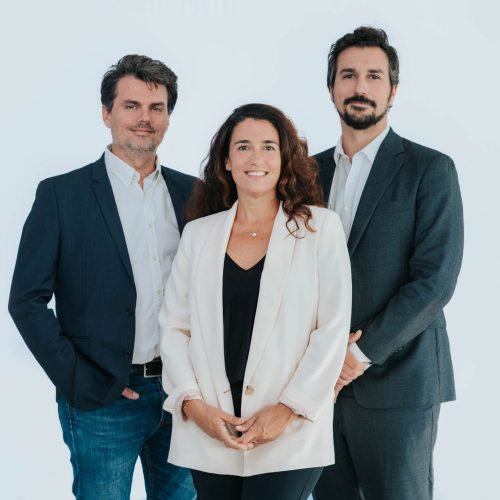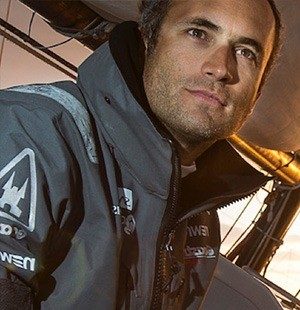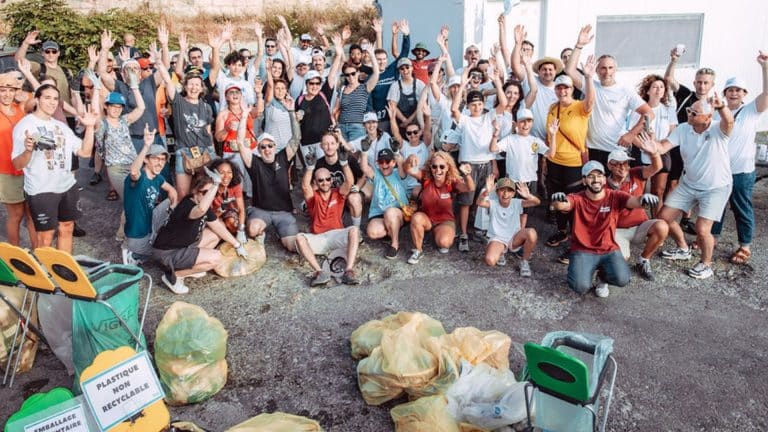Extending the life of nuclear power plants
an industrial and human challenge
In France, as in many other countries, public authorities and nuclear plant operators agree on the need to extend the lifespan of existing reactors. This vision is based on sound technical, economic and ecological arguments.
Nevertheless, it implies a leap in performance when it comes to the technological solutions implemented during maintenance and modification projects, as well as consolidated skills and manpower in certain professions. Onet Technologies has taken the lead in serving the interests of the French industry in both these areas.
- - Onet
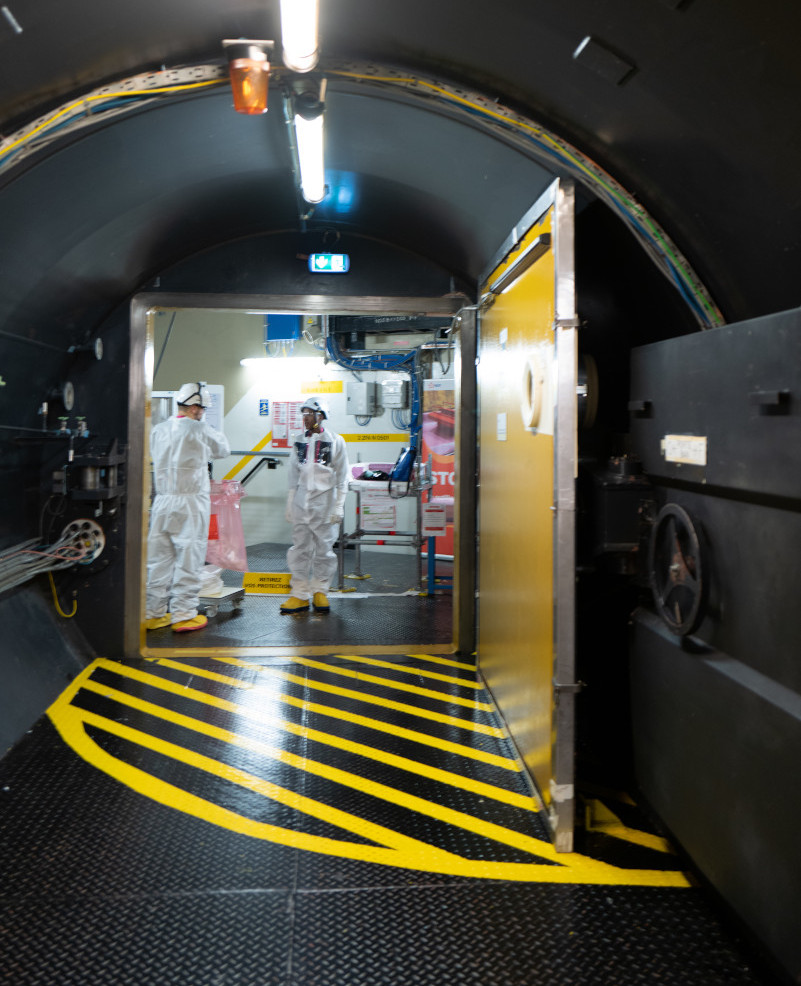
It's a first that will undoubtedly mark the start of a long series. In August 2023, EDF received the green light from the FrenchNuclear Safety Authority (ASN ) to extend operation of reactor number 1 at the Tricastin power plant in the Drôme region by ten years.
Like the rest of France's nuclear power plants, this unit was initially designed to generate electricity for 40 years.
Since it was commissioned in 1980, the plant has undergone four re-examinations to compare its actual condition with the applicable safety standards and regulations, and to identify any improvements that need to be made.
The last of these periodic meetings provided an answer to a crucial question for the future of nuclear power in France: yes, the Tricastin reactor has the necessary guarantees to operate for at least 50 years.
Unambiguous political will
At a time when the French government is pushing ahead with an ambitious program to build new EPR2 reactors (between 6 and 14 reactors are currently planned), we might wonder whether it's worth continuing to rely on the existing fleet.
This would be forgetting that since 2014, EDF, in conjunction with the nuclear industry, has been carrying out the Grand Carénage program to renovate and modernize all its power plants. In particular, the aim is to bring the sites' safety levels into line with those of the latest-generation reactors, and to incorporate the feedback capitalized on following the Fukushima accident in Japan.
This would also overlook the changing geopolitical context.
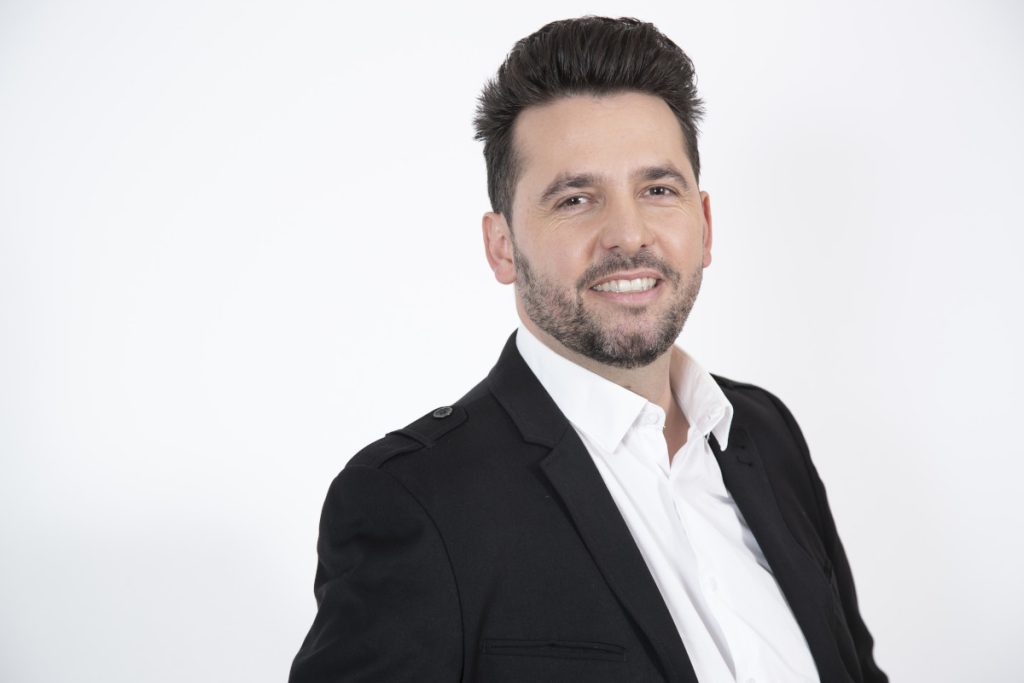
The war in Ukraine has highlighted Europe's dependence on Russian gas, and the consequences for the control of energy supplies and prices in our country.
To combat this vulnerability, nuclear power is essential as an instrument of sovereignty and energy security.Maxime Michel-Noël, Development Director, Onet Technologies
But the development of intermittent energies such as wind and solar power requires solid base load generation to guarantee grid stability, which again argues in favor of keeping nuclear power plants in operation.
Audrey Alimi, Director of Engineering and Reactor Services at Onet Technologies.

Optimizing stops to make extension a profitable choice
Initially estimated at around 55 billion euros for the period 2014-2025, the Grand Carénage program is now valued at 66 billion euros, taking into account work to be carried out on the 32 900 MW reactors up to 2028. By comparison, the bill for the first 6 EPR2 reactors, according to initial estimates, was 51.7 billion euros, reestimated in 2024 at 67 billion euros with the inclusion of investment costs for engineering studies, site development costs, risk provisions, commissioning costs and long-term dismantling charges.As the cost of building the first nuclear power plants has largely been amortized, pushing them to the maximum of their lifespan while guaranteeing a high level of safety makes economic sense.
Maxime Michel-Noël
To finance the modernization and extension of the existing fleet, EDF must generate and sell electricity, striving to make its facilities as available as possible.
Operational control of maintenance shutdowns is therefore a key issue. It is estimated that each day a nuclear reactor is shut down results in a loss of revenue of around 1 million euros.
The many industrial and service providers EDF calls on play a major role here. Upstream of operations, they contribute to the "lean" planning effort.
On D-Day, their skills and experience guarantee that the job will be carried out efficiently and to the required quality.

When the phenomenon of stress corrosion appeared on the park in 2021, we also demonstrated our ability to handle unprecedented situations.
Onet Technologies played an active role in the design and preparation of intervention plans, as well as in the training of operators and the installation of new piping systems to replace those affected by the corrosion.
This represents more than 6 months of preparation, but with the very positive result of around 90% of welds being "right the first time", and a record time of 36 days for repairing the sections on the Golfech 2 site!Audrey Alimi
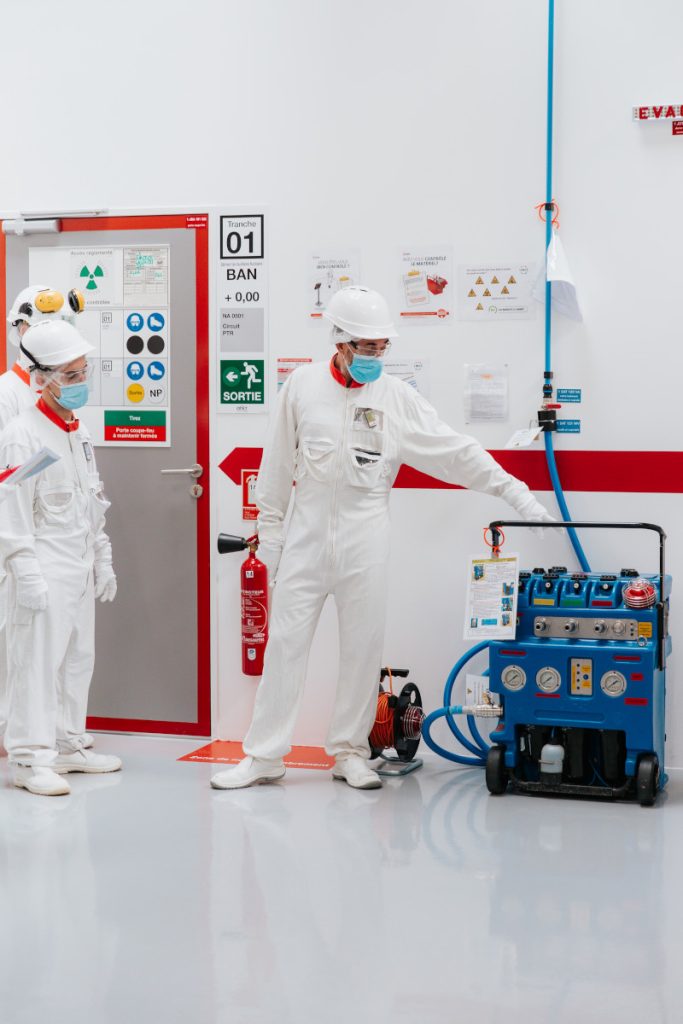
A priori a rational choice from an economic point of view, extending operations is also a rational choice from an environmental point of view. First of all, it helps to reduce the artificialization of new land. Secondly, its impact on waste production appears limited.
Even if the replacement of certain components generates technological waste, the volumes involved are out of all proportion to those resulting from the decommissioning of a power plant in operation for 40 years.
The longer it takes, the more resources are saved to produce carbon-free electricity!
Maxime Michel-Noël
R&D projects that benefit the entire industry
Across France, some 2,000 Onet Technologies employees are involved in the routine upkeep and maintenance of reactors. As all these services have to be provided throughout the life of the facilities, the prospect of extended operation provides the Group with significant long-term market potential. But that's not all...
Increasingly, operators are faced with new ageing phenomena that they need to understand and characterize. In addition to its engineering and intervention skills, which can be mobilized to modify or replace components and equipment, Onet Technologies is able to identify problems upstream via inspection services and non-destructive testing (NDT).
On this last theme, a project has been submitted to France Relance. Its aim is to develop and industrialize innovative technologies to meet the new challenges facing the nuclear industry - i.e. more effective, rapid and reliable controls that are also less polluting, limit the risks to operators and guarantee data traceability.
Today, to control inaccessible areas or certain categories of materials, we most often resort to radiography, which requires us to establish highly restrictive safety perimeters in a nuclear environment.
One of the avenues we are pursuing is to qualify the use of advanced techniques such as ultrasound. We expect this to provide greater flexibility in the organization of the various activities carried out inside reactor buildings, as well as greater precision in defect detection.Audrey Alimi
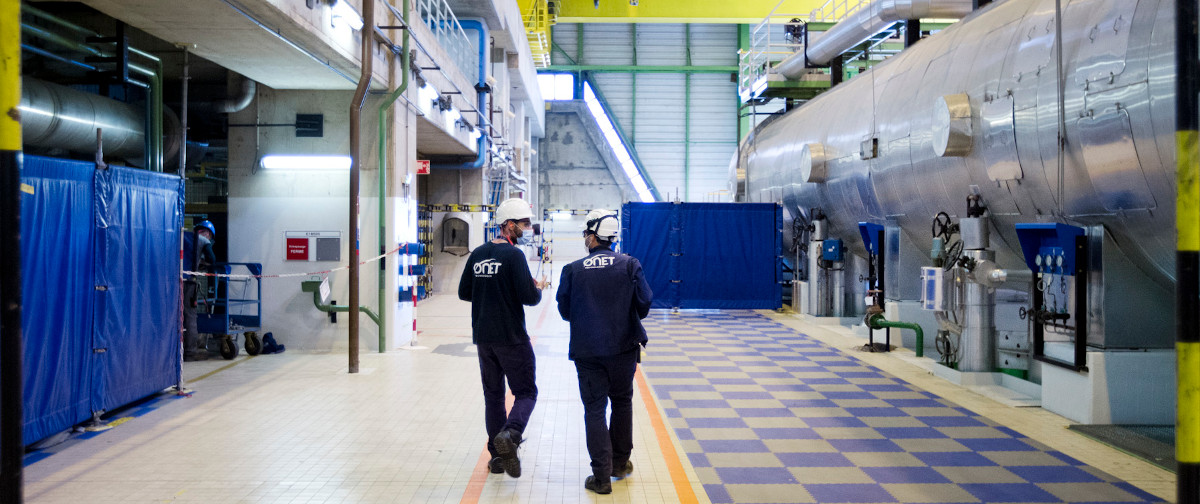
Another ambitious R&D initiative concerns pipe welding, a very common operation on the Grand Carénage and future EPR2 construction sites.
Onet Technologies is working on the development of an automated, intelligent process based on the latest advances in artificial intelligence. The aim? To be able to adjust welding parameters in real time, so as to guarantee correct execution the first time, and to certify the validity of these parameters in relation to compliance criteria.
Our ultimate aim is to implement autonomous devices that will meet a dual challenge: to make welding processes more reliable than ever before by reducing exposure to human error, and to enable a much greater volume of welds to be carried out with the same level of resources. Welding in the bowels of nuclear reactors requires extensive training and skills. However, there is currently a tight squeeze on manpower.
Maxime Michel-Noël
Initiatives to strengthen the workforce
To keep pace with the growing nuclear industry, Onet Technologies intends to anticipate the recruitment and training of operators who will be needed for the construction of future EPR2 plants, as well as for the extension of the lifespan of existing plants.
To enhance the skills of its employees, Onet Technologies has set up three streams of training (project, technical, intervention), each with specific courses tailored to the profiles of the trainees.
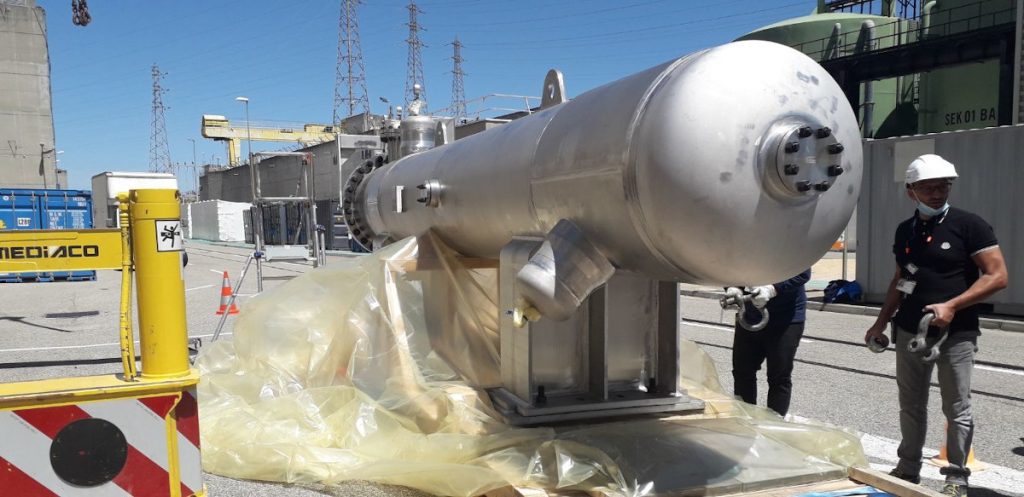
At the same time, we place great emphasis on mentoring and practical training for intervention teams, so that they can repeat technical gestures until they have mastered them perfectly.
Audrey Alimi
The internal aspect is echoed by an external approach.
In conjunction with players such as the Groupement des industriels français de l'énergie nucléaire (Gifen), we support initiatives initiated by and for the industry as a whole, such as coordination with the brand-new Université des Métiers du Nucléaire (UMN) and the signing of partnership agreements with schools.
Maxime Michel-Noël
As proof of its determination to play the collective card, the Group has undertaken to open the doors of its physical facilities (training centers, worksites) more widely to all nuclear workers.
Historic know-how in reactor maintenance, ambitious R&D projects, human resources that are set to grow: aren't these the ingredients of a reputation that can be exported beyond our borders?
Where nuclear power has a long history, the supply chain is already well established. However, the overlapping needs for the construction of new nuclear capacity worldwide, in parallel with reactor life extension programs, will offer unprecedented opportunities for synergy, with high standards in terms of planning, quality and costs. These are all opportunities to make the most of our know-how acquired in France.
Maxime Michel-Noël

On the same theme
SMR, at the forefront of the new nuclear age
Smaller, less expensive to manufacture, simpler to install...
Towards a global protection strategy. Why combine human, electronic, technological and cyber security?
Intrusion, industrial espionage, theft and destruction, fire, attack - all these...
Low-tech building: putting people back at the heart of projects
Low-tech building, putting people back at the heart of projects. Building...
Well-being and performance at work: a paradigm shift in cleaning services
Since the health crisis, the world of salaried workers has undergone profound changes....
